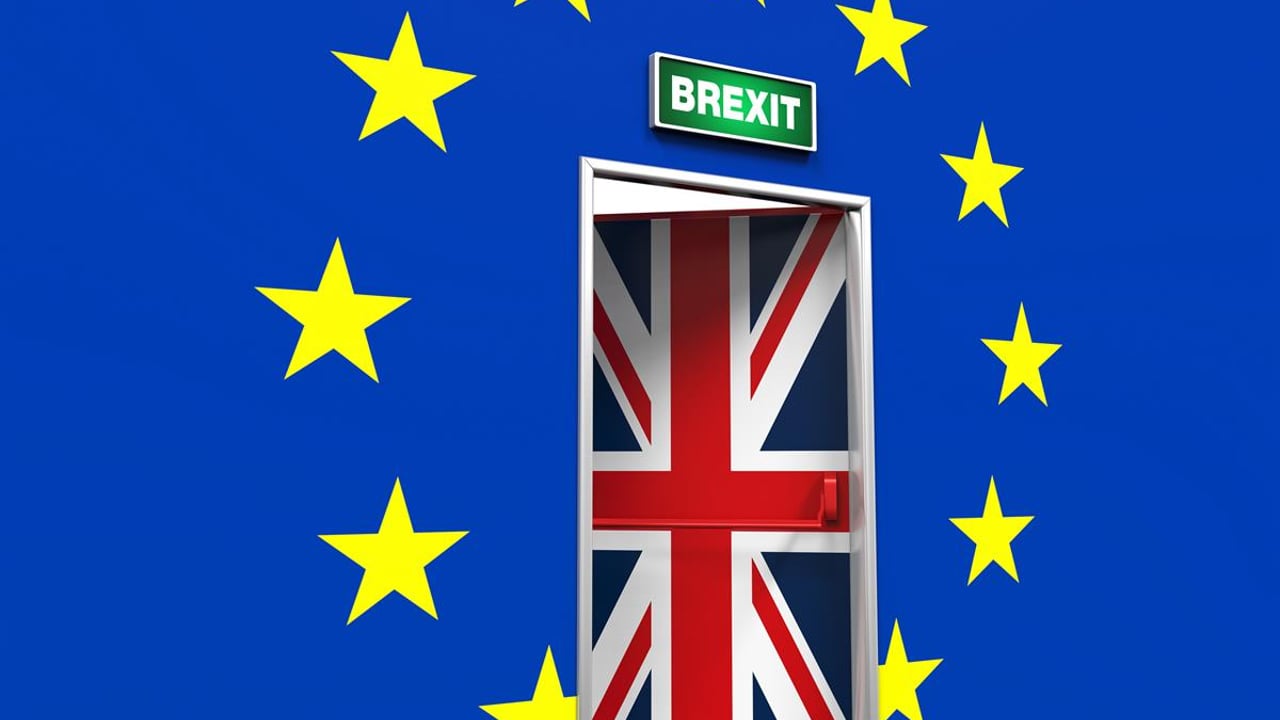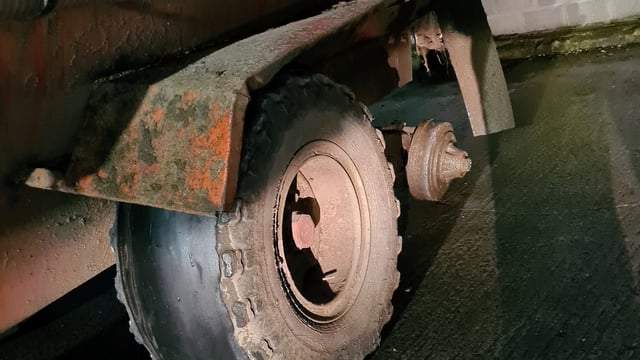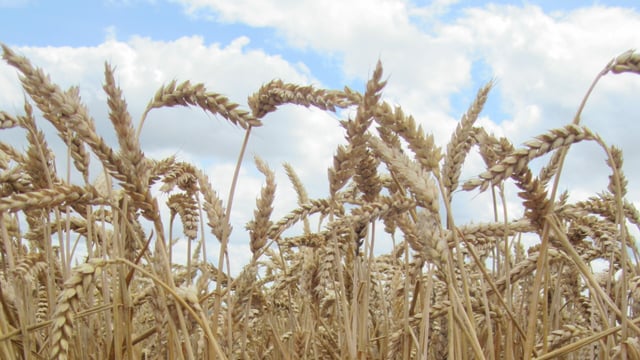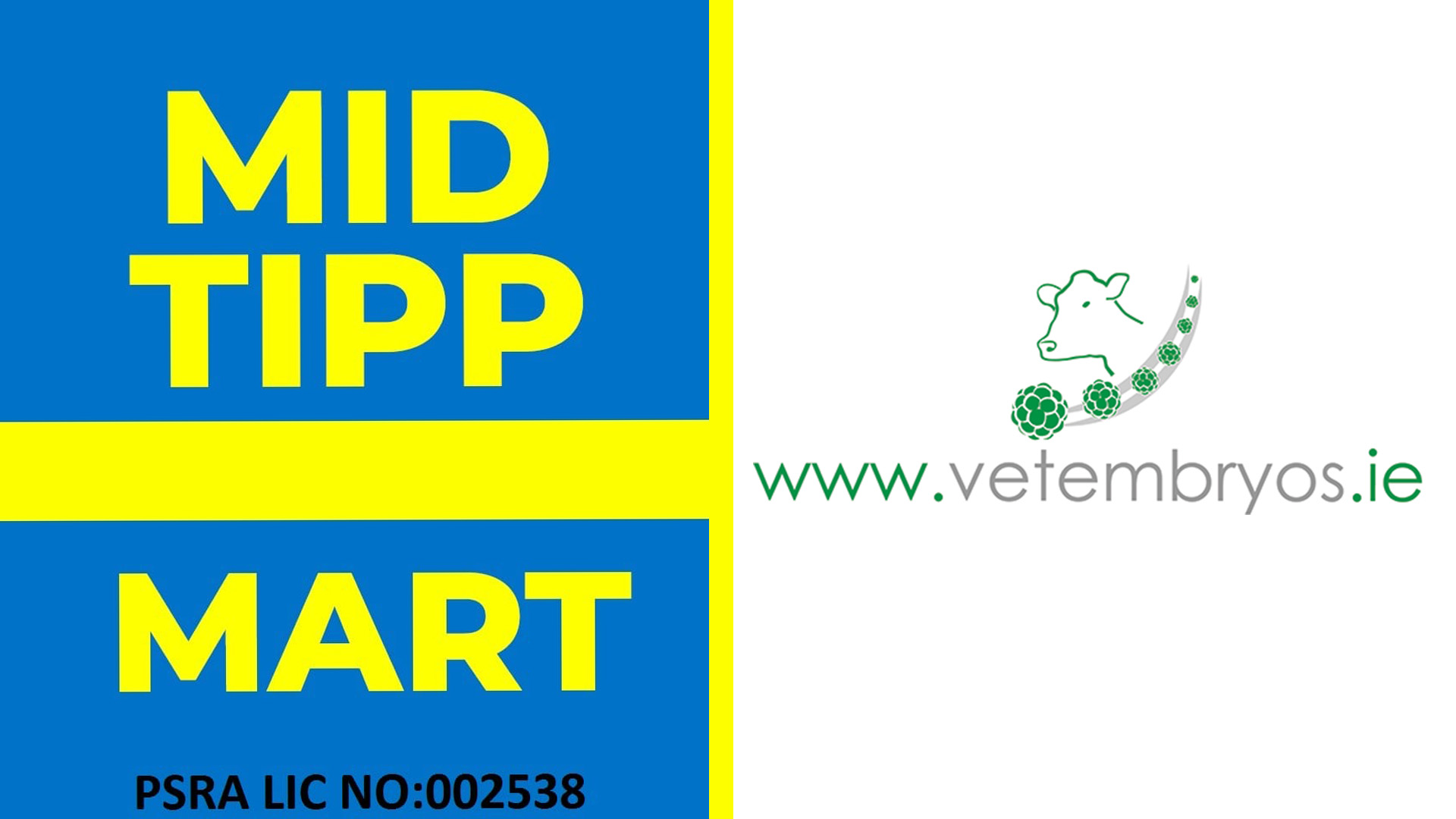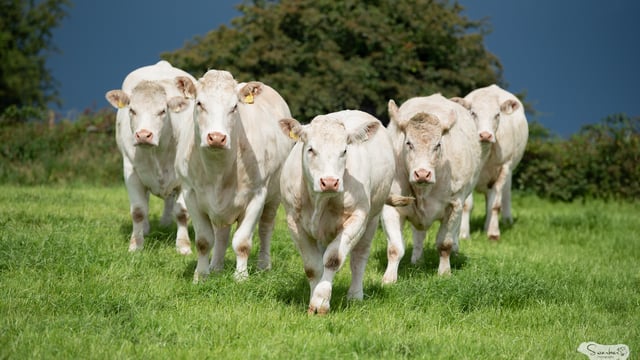Confusion and uncertainty prevail as checks continue despite Poots' order
Despite ordering his officials to stop agri-food checks on goods coming into Northern Ireland (NI) from Great Britain, Stormont's agriculture minister, Edwin Poots, has conceded that these checks are still taking place today (Thursday, February 3).
The minister declared that food, plant, and some animal checks - required under the Northern Ireland (NI) Protocol - would cease from midnight on Wednesday, February 2. He said he had been guided by legal advice on the matter.
However, speaking on BBC Radio Ulster, Minister Poots said that checks were continuing today and may proceed for a number of days to come.
The minister said he had spoken with a senior civil servant who accepted the legal interpretations underpinning his actions, but added:
"He [civil servant] has a role as an accounts officer and needs some time to deal with these issues, on some financial aspects.
However, it is understood that Poots' legal guidance is being challenged by a senior official at the Department of Agriculture, who is seeking further legal advice on this matter.
And, as these developments evolve, it is expected that the Democratic Unionist Party (DUP) First Minister, Paul Givan's resignation is imminent.
When contacted by Agriland on the matter, the Ulster Farmers' Union said it was unable to comment as it seeks clarity.
Irish MEP, Mairead McGuinness said these recent "extraordinary" developments have "really unsettled business and politics" as they had come out of the blue.
"I think it is unhelpful and I don't think it is at all necessary," she said.
"They had some certainty and now they have none.
Commenting on whether Minister Poots has a legal standing to order the cessation of agri-food checks, she said:
"This is an international agreement and it is very clear what the UK signed up for.
She spoke of the detrimental impact to businesses in NI which, she said, were actually gaining from being part of the Single Market, as they should.
Commenting on the UK government's stance that it is not involving itself in the matter, she said:
"But to some extent, they probably are [involved], in the sense that this is all part of an overall difficulty around Brexit, created by Brexit, and where the European Union is trying to be helpful in finding solutions."

